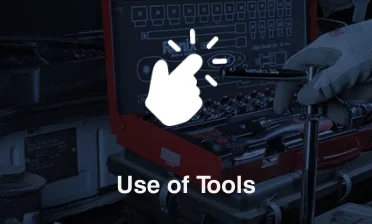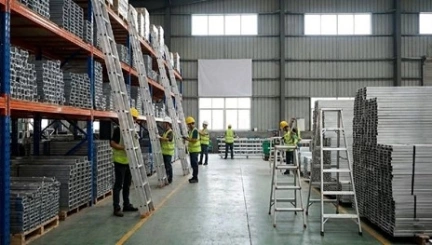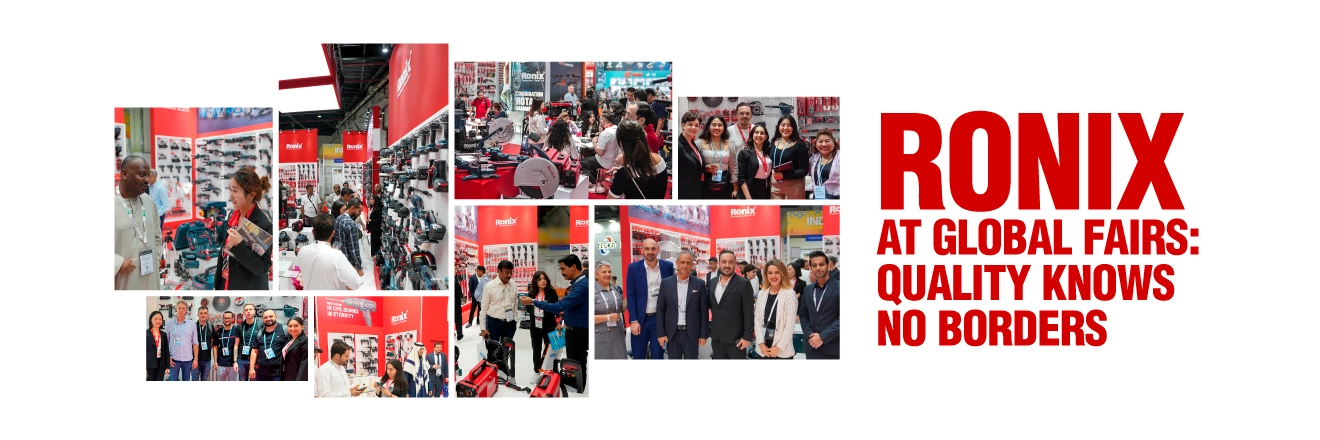Cutting Wood with Angle Grinders: Is it Possible?
A heavy-duty angle grinder can easily cut through metal, masonry, and even concrete. But is it a good idea to ...
MoreEverything You Need to Know About Brushed Motors
If you’ve ever seen sparks coming from a power drill’s motor cooling vents, you’ve seen Electric Brushed Motors in action. ...
MoreHow Does a Drill Chuck Work?
Drill chucks are spindle-mounted mechanisms that hold a drill or other cutting instrument. They come in keyed, keyless, and hybrid ...
MoreAngle Grinder Wheels: A Beginner’s Guide
Maximizing Angle Grinder Potential with Diverse Wheel Choices Did you know that your angle grinder can do more than just cut ...
MoreHistory Of Drills from the Past till Now
Most machinery has been with us for hundreds of thousands of years – even if we don’t realize it. The drill is ...
MoreKey Parts of an Angle Grinder and Their Applications
It's one thing to know how to use an angle grinder. Knowing about Parts of an Angle Grinder and how ...
More























